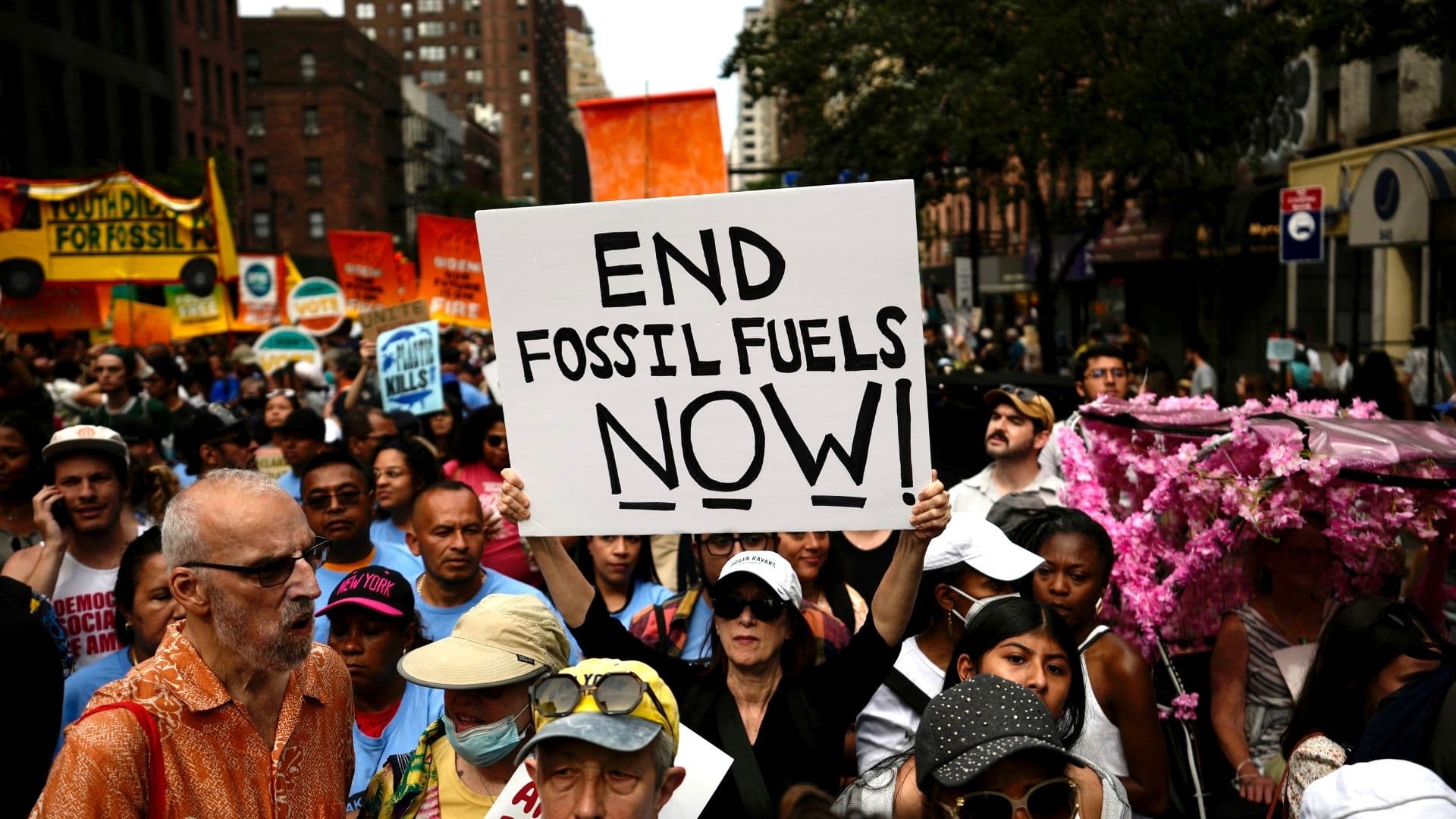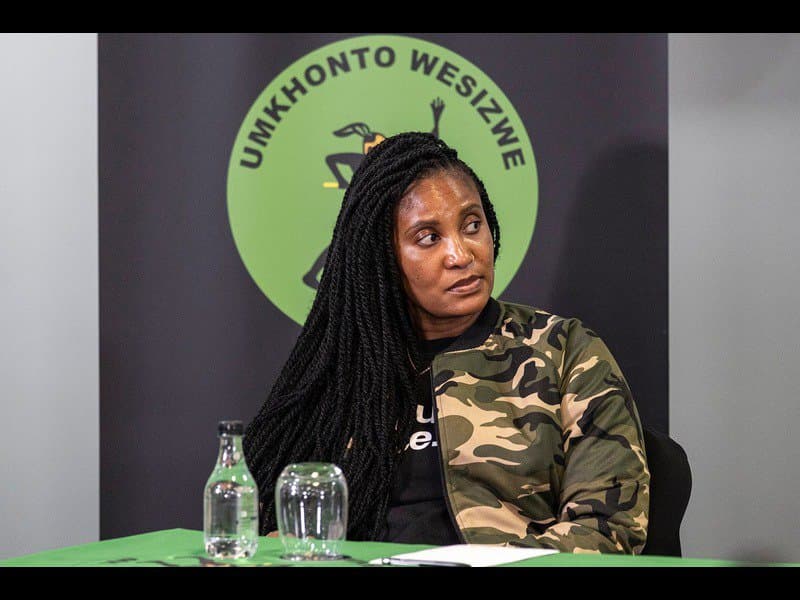COP30 Draft Removes Fossil Fuel Phase Out Language, Sparking Alarm
A late draft of the COP30 outcome text circulated on November 22 removes previously included language calling for a global plan to move away from fossil fuels, prompting protests from environmental groups and low income nations. The omission raises questions about the summit's ability to deliver policy clarity for markets and leaves a key adaptation finance pledge without clear funding commitments.

A late draft of the COP30 outcome text circulated on November 22 omitted language that had called for a global plan to shift away from fossil fuels, a change that immediately drew sharp criticism from environmental campaigners and delegations from low income countries. The removal was portrayed by activists as a major retreat from an increasingly urgent global consensus about the need to reduce fossil fuel use to meet temperature goals. The draft is still subject to negotiation and must be approved by consensus to become the final COP30 agreement.
In the same draft, negotiators reaffirmed a target to triple adaptation finance by 2030 compared with 2025 levels. The pledge establishes a quantitative goal, but the document does not specify whether the additional funds are expected to come from wealthy governments, multilateral development banks, or private sources. That ambiguity heightens concern among vulnerable nations that promises will not translate into reliable, predictable funding for infrastructure, resilient agriculture, and disaster preparedness.
The venue for the talks was briefly evacuated after a fire broke out at an exhibition pavilion on November 22. At least 13 people were treated for smoke inhalation according to reporting from the conference. The evacuation interrupted negotiations at a sensitive moment, underscoring the practical vulnerabilities that climate impacts pose even to high profile gatherings.
Policy specialists and market observers said the deletion of the phase out language could slow the policy signal needed to mobilize capital away from fossil fuel assets and toward clean energy and resilience investments. Investors use international agreements to calibrate long term risk assessments, and explicit commitments to phase out fossil fuels would have strengthened expectations of tighter regulation and declining demand for oil, gas, and coal over the next decade. Without that language, the policy pathway remains more uncertain, raising the risk that some capital will continue to flow into fossil fuel projects deemed higher risk under many net zero scenarios.
For low income and climate vulnerable countries the omission compounds longstanding grievances about equity. Many of those delegations had pushed for explicit fossil fuel phase out language alongside firm commitments to finance adaptation and loss and damage. The draft’s retention of the adaptation finance target, absent clear source commitments, leaves a potential funding gap. Developing countries face higher borrowing costs and shrinking fiscal space following repeated climate shocks, which raises the economic case for concessional public finance and clearer multilateral bank involvement.
The negotiations now move into a final, high stakes phase where consensus will be needed to finalize the text. If the language on fossil fuels remains absent in the final agreement, it will signal that political resistance from some major emitting countries or influential blocs prevailed over calls for a direct supply side commitment. The outcome will matter in markets, in national policy making, and for billions of people whose livelihoods depend on accelerated adaptation financing and on an orderly transition away from fossil fuels.


